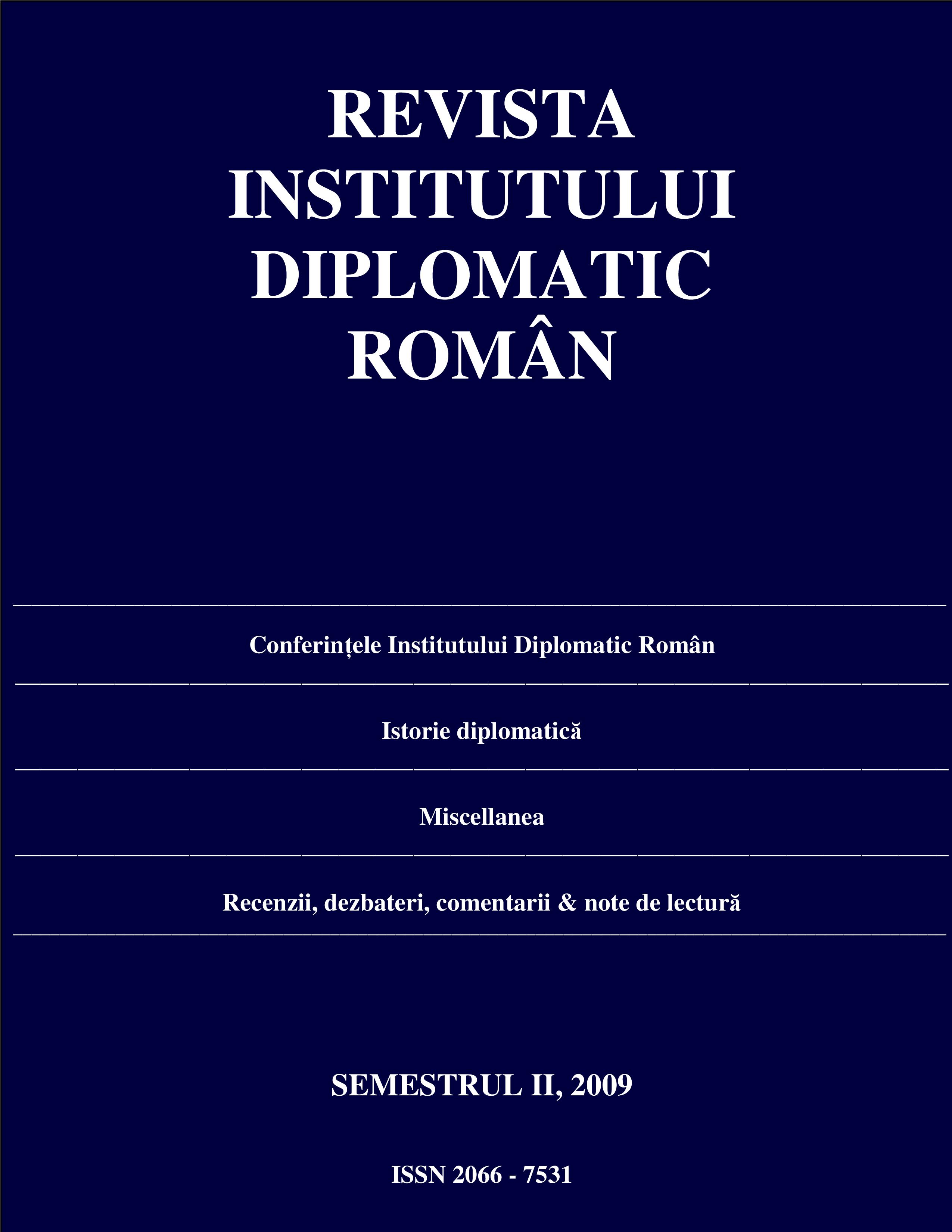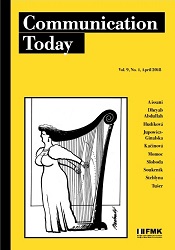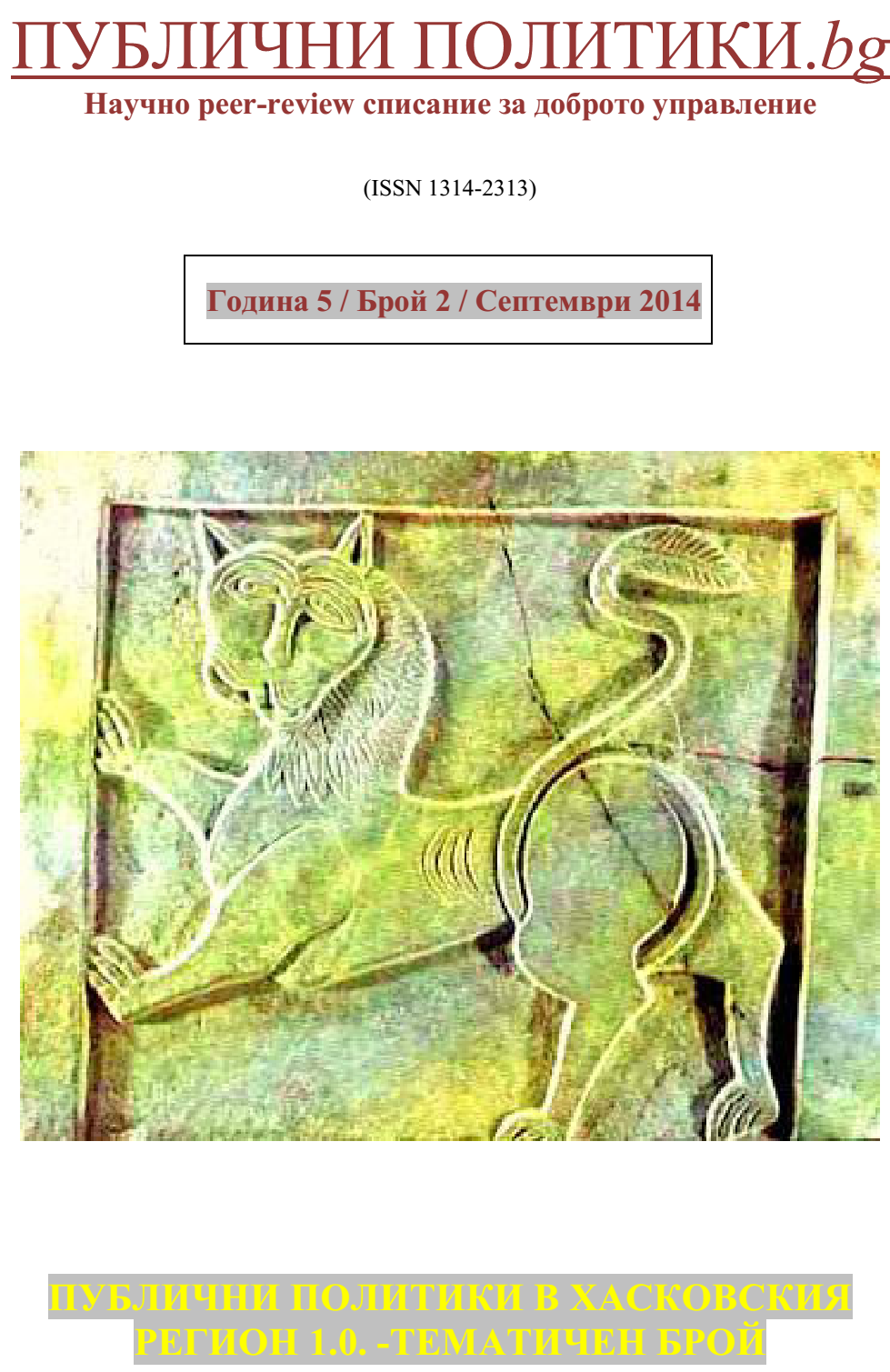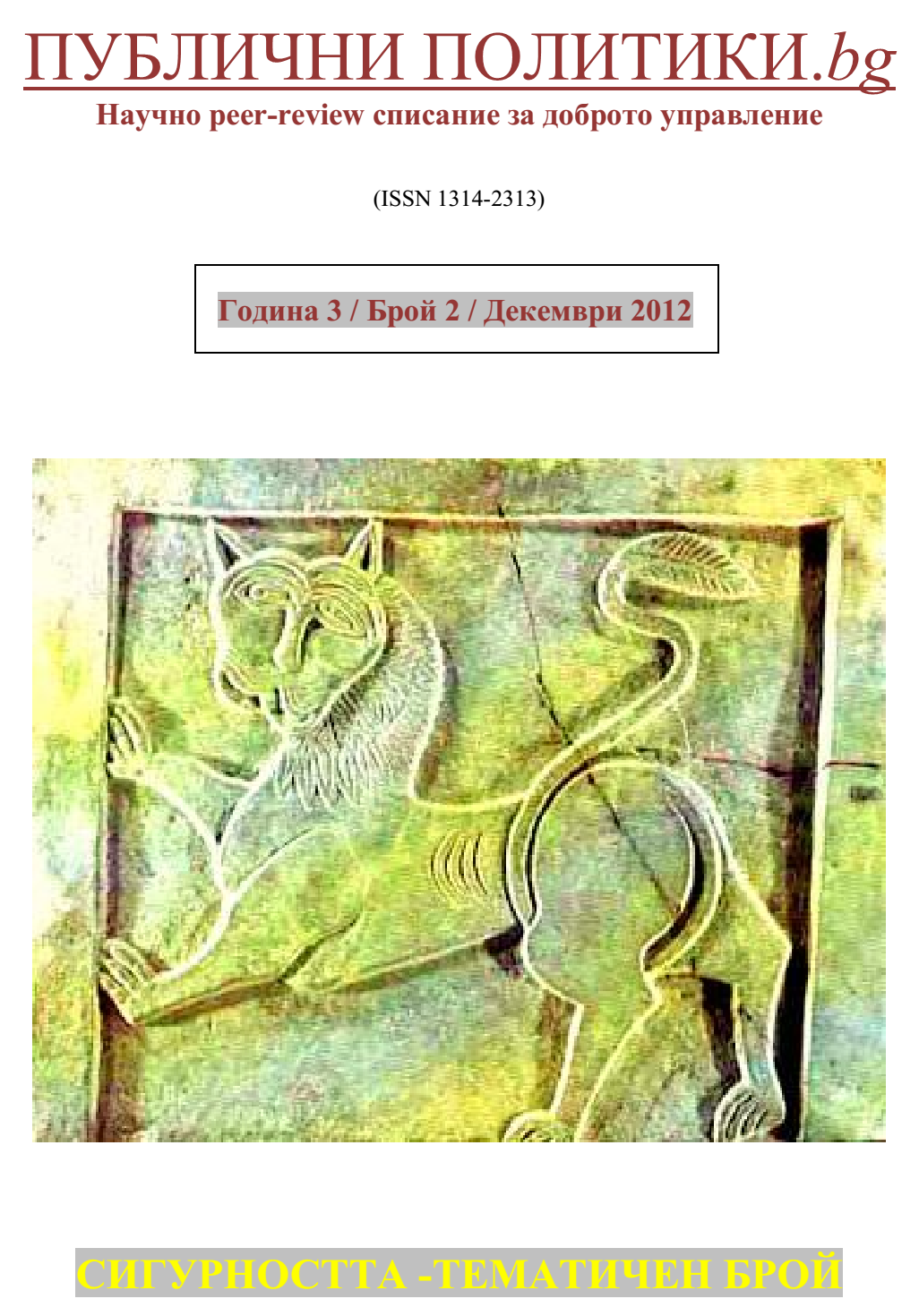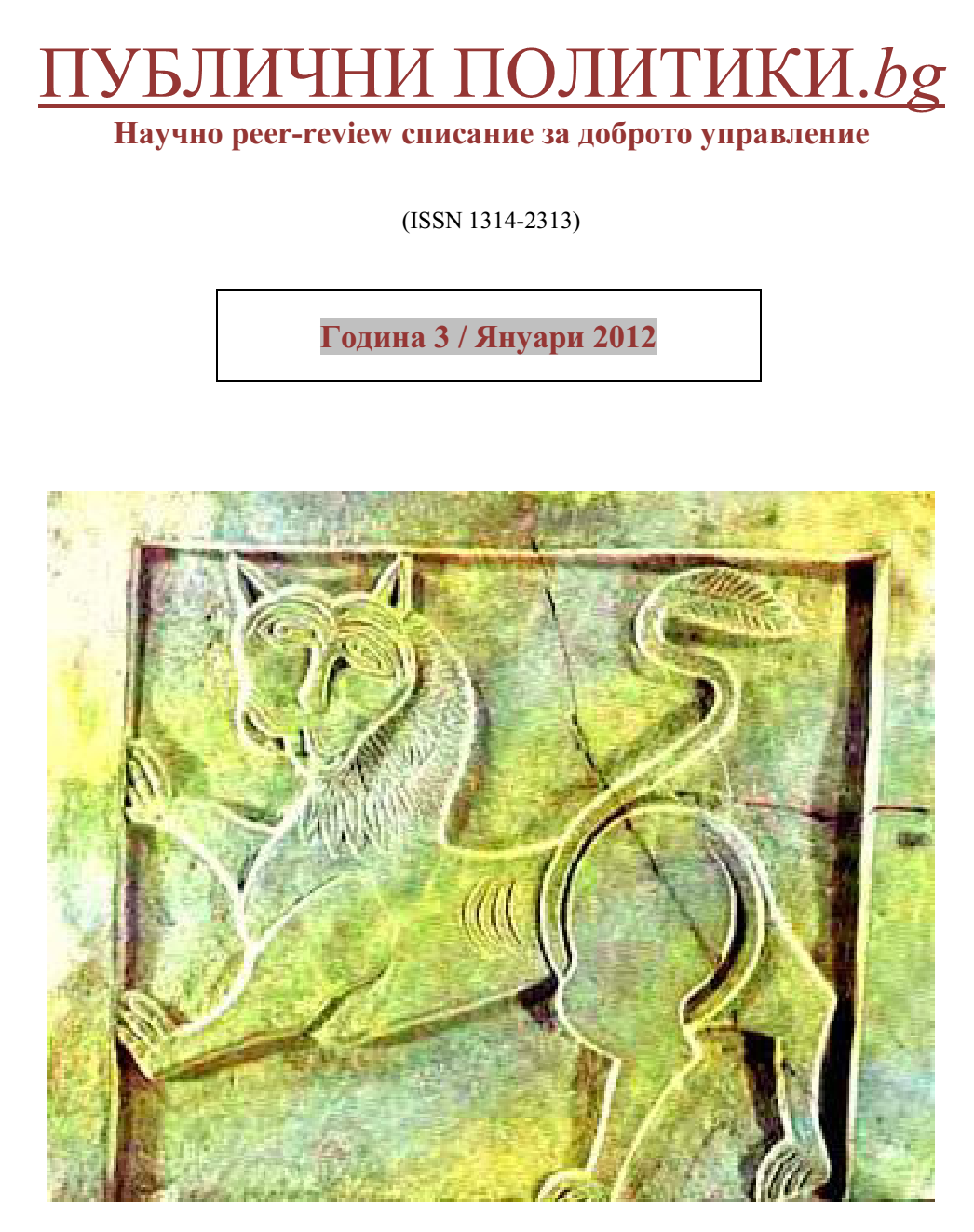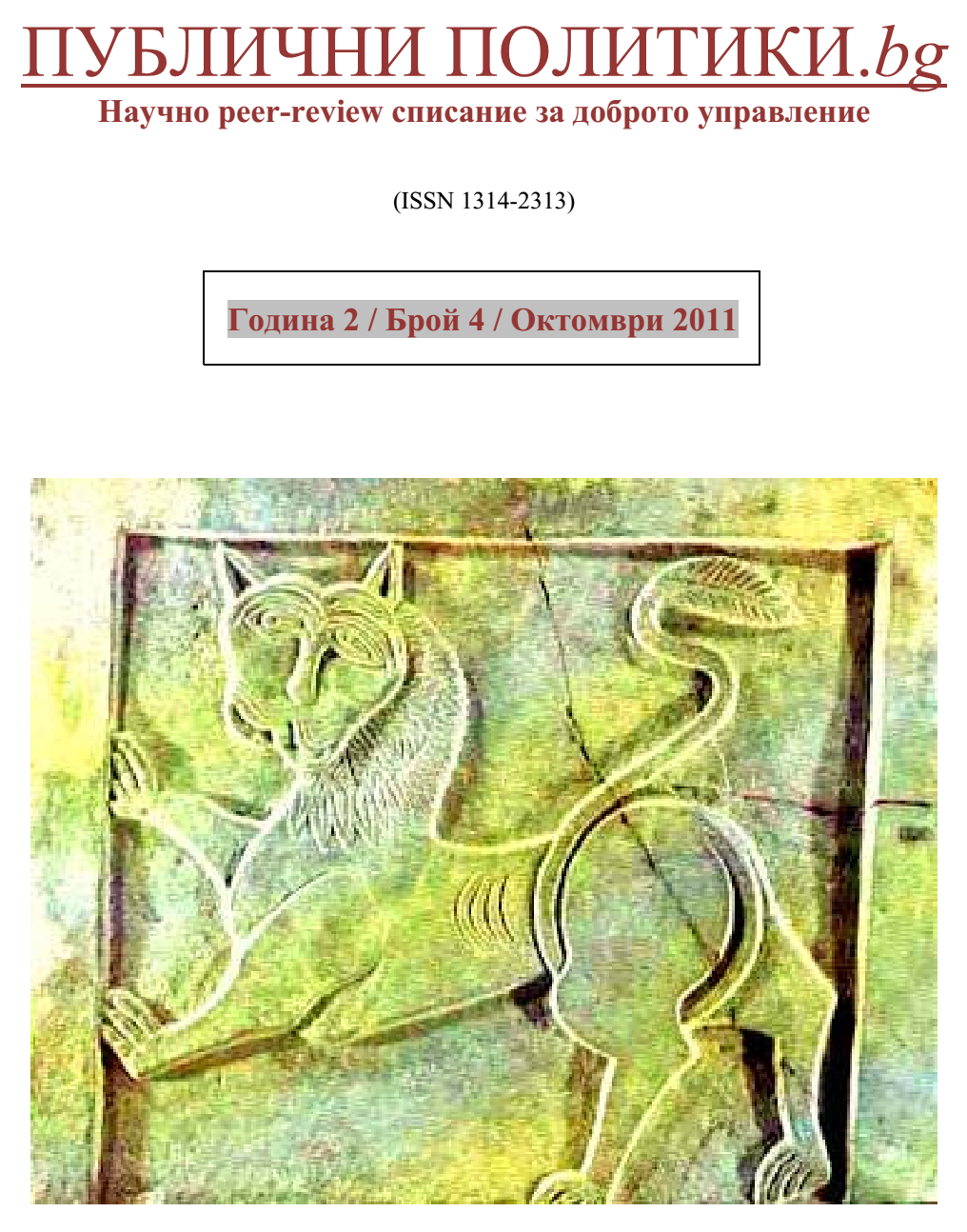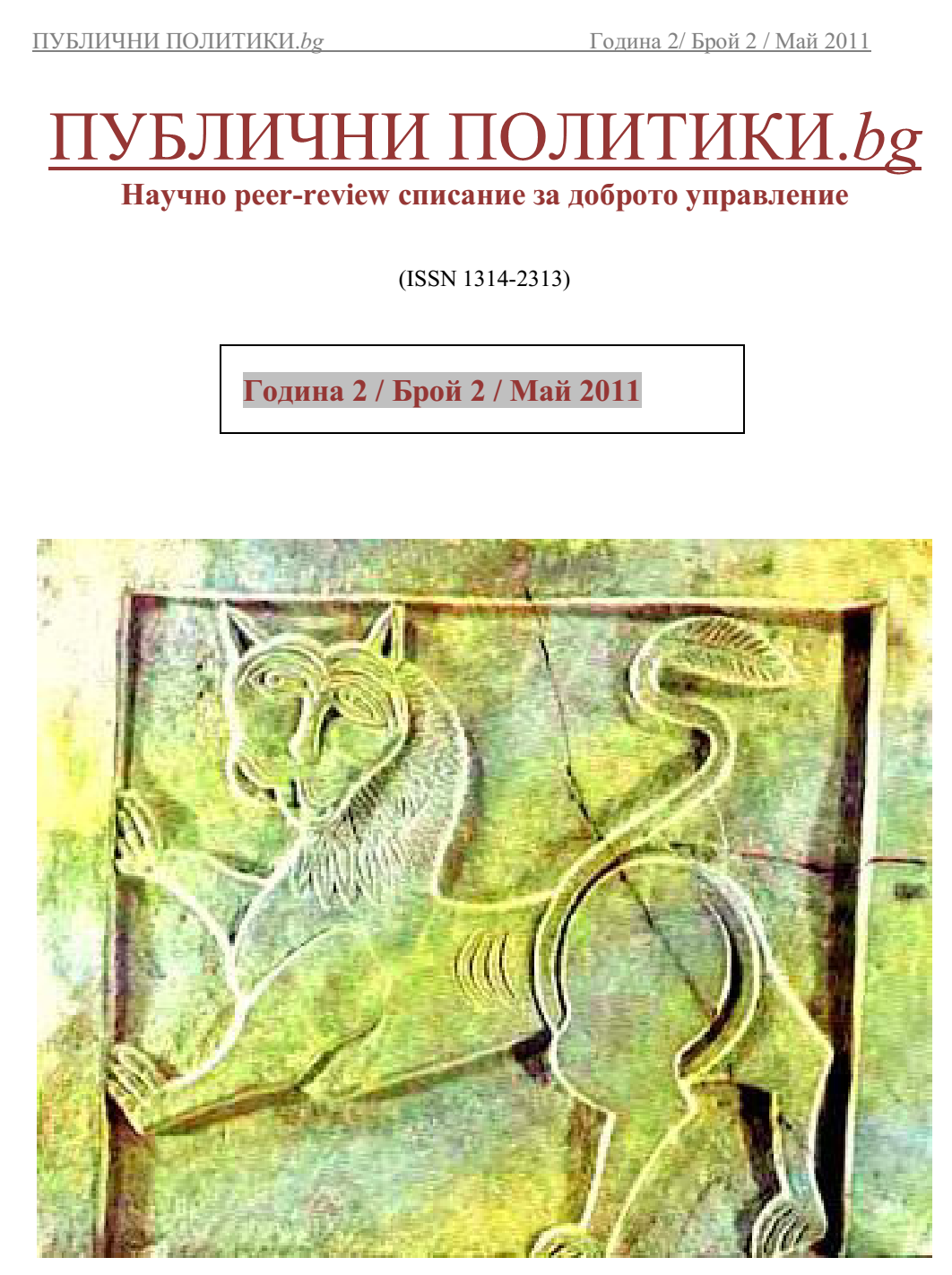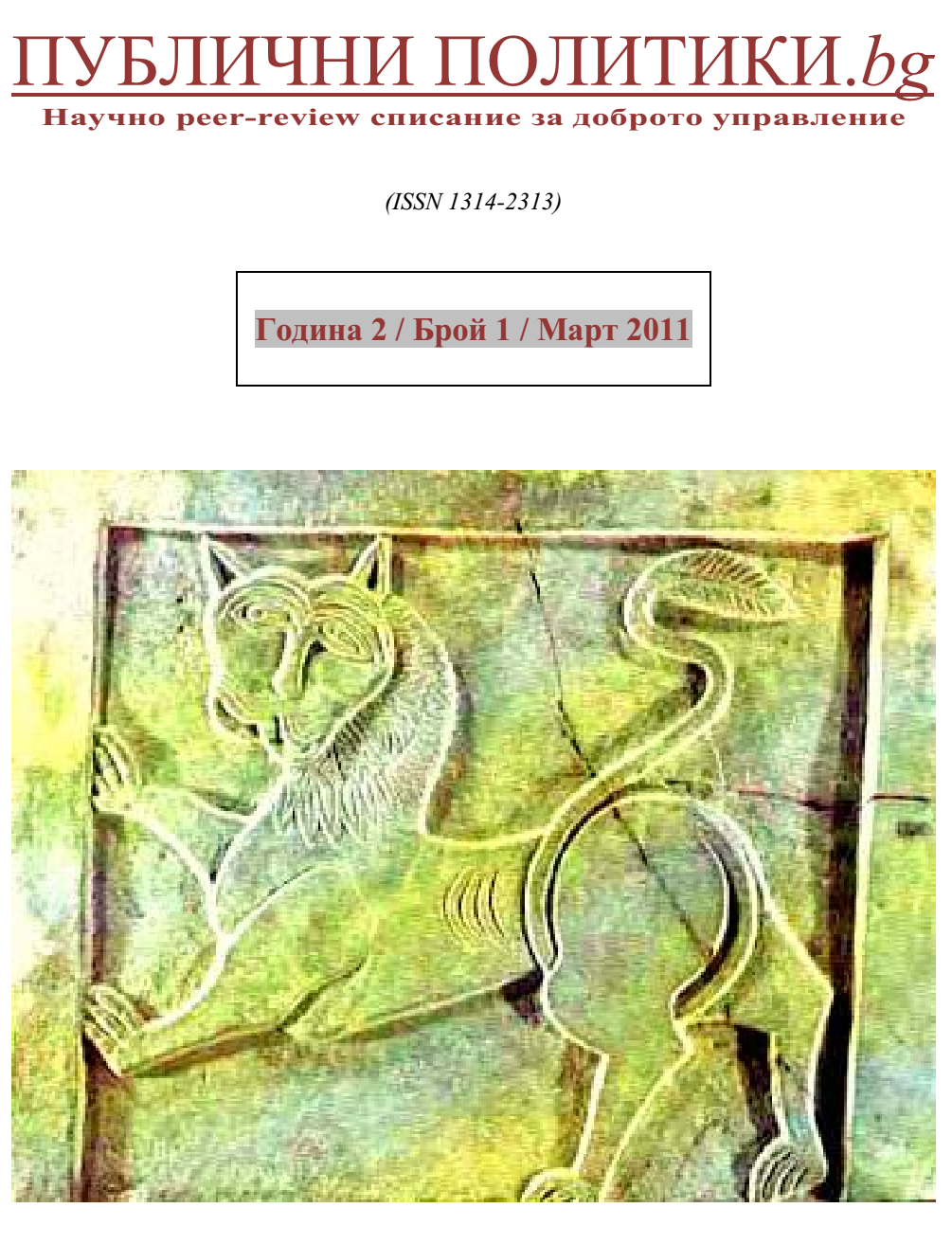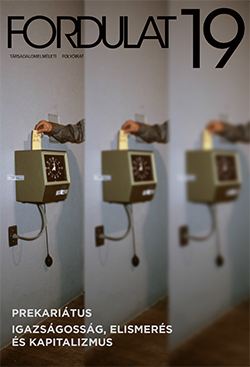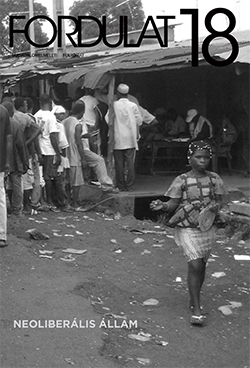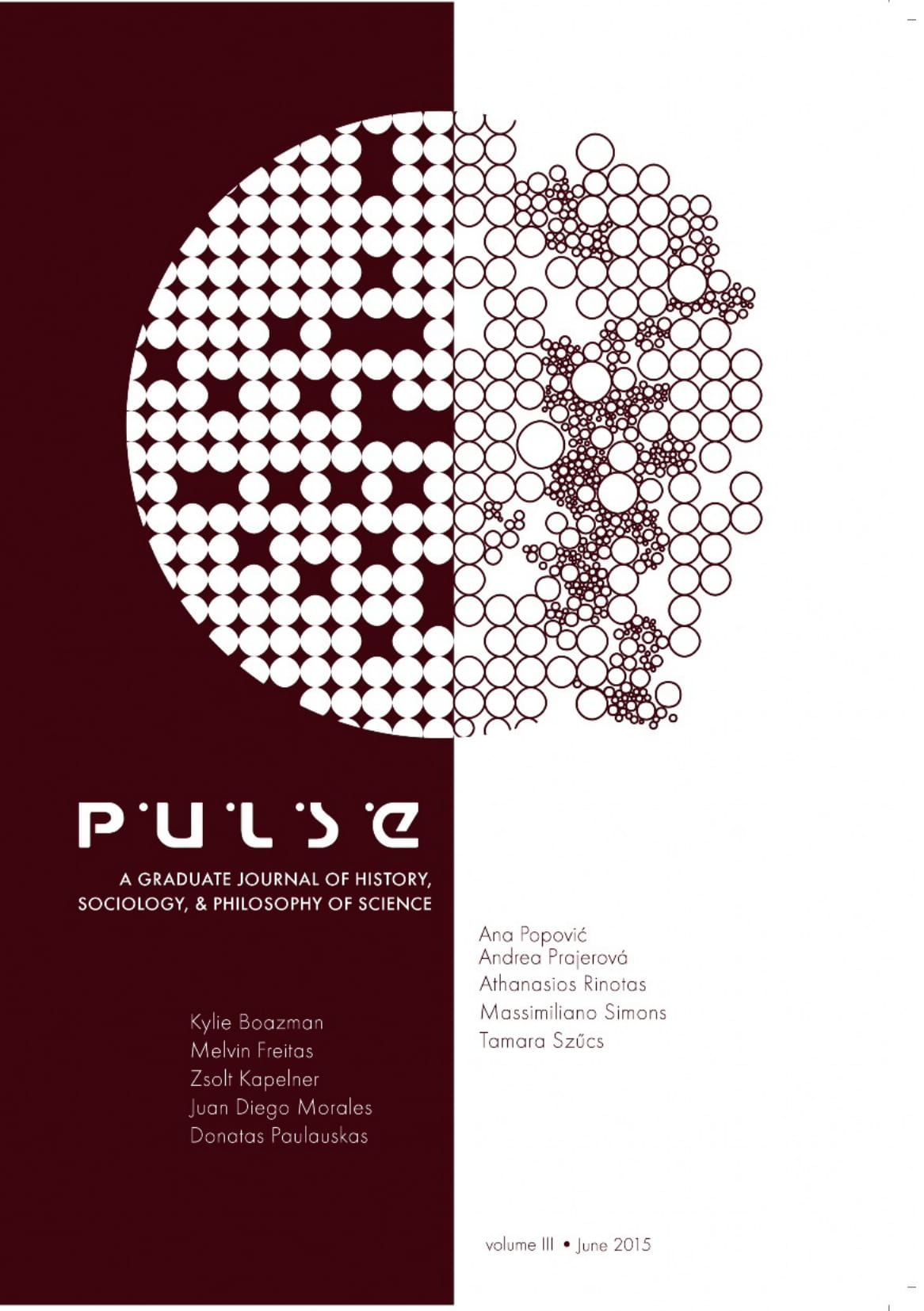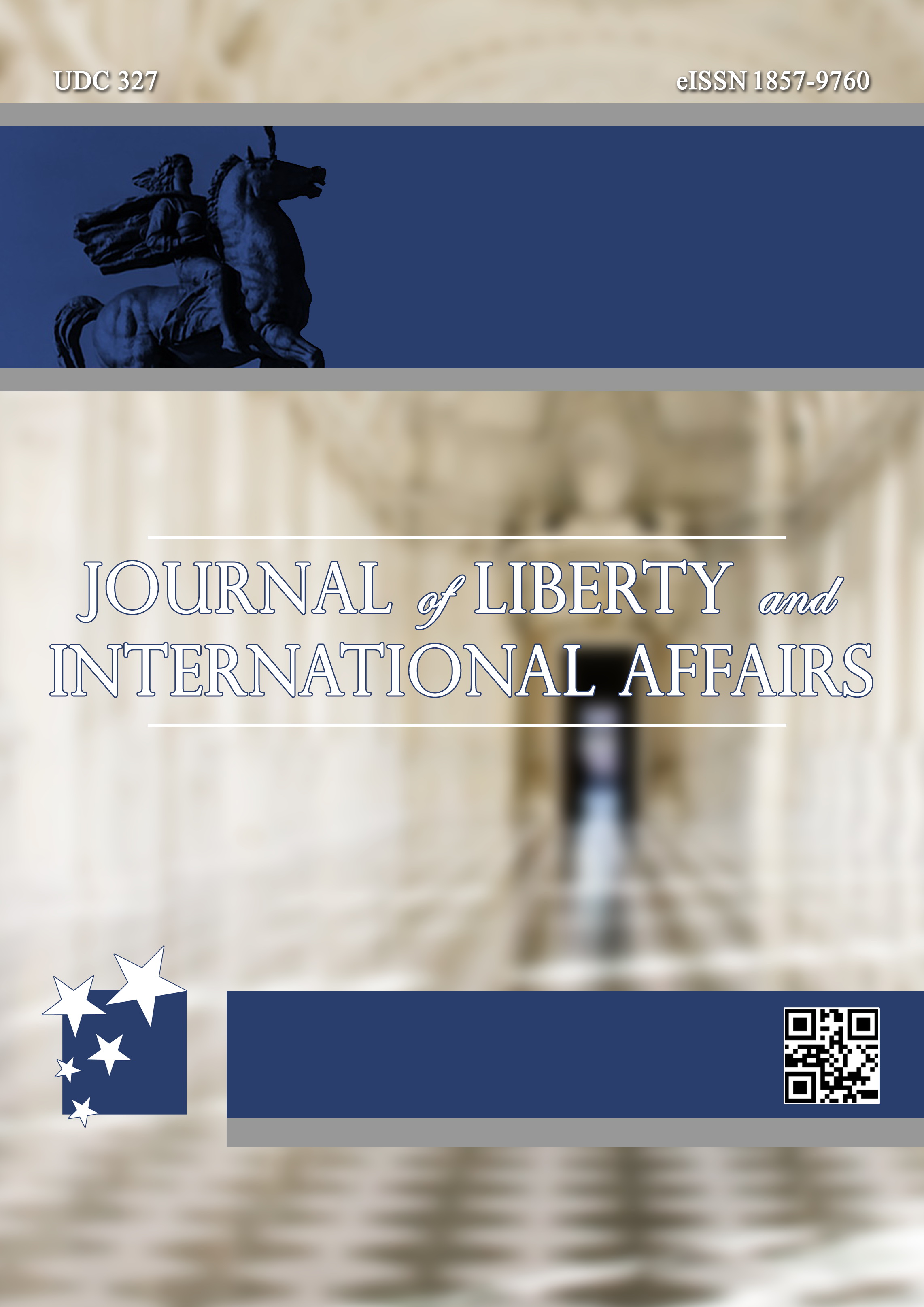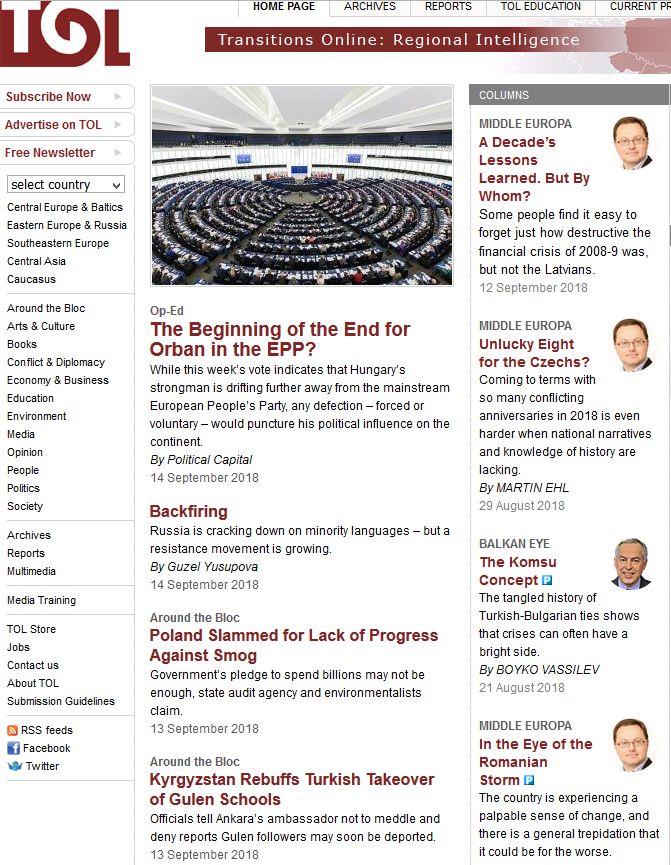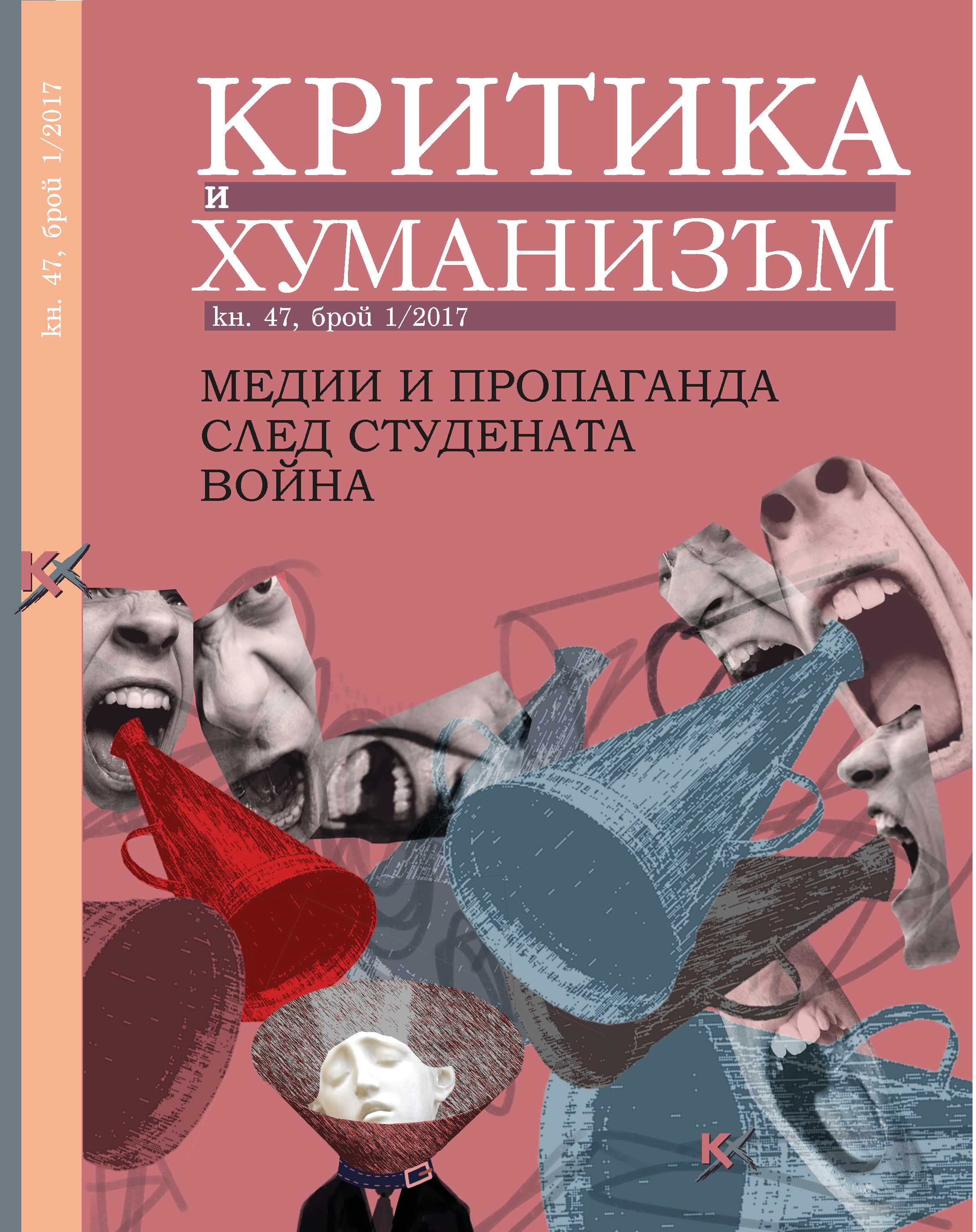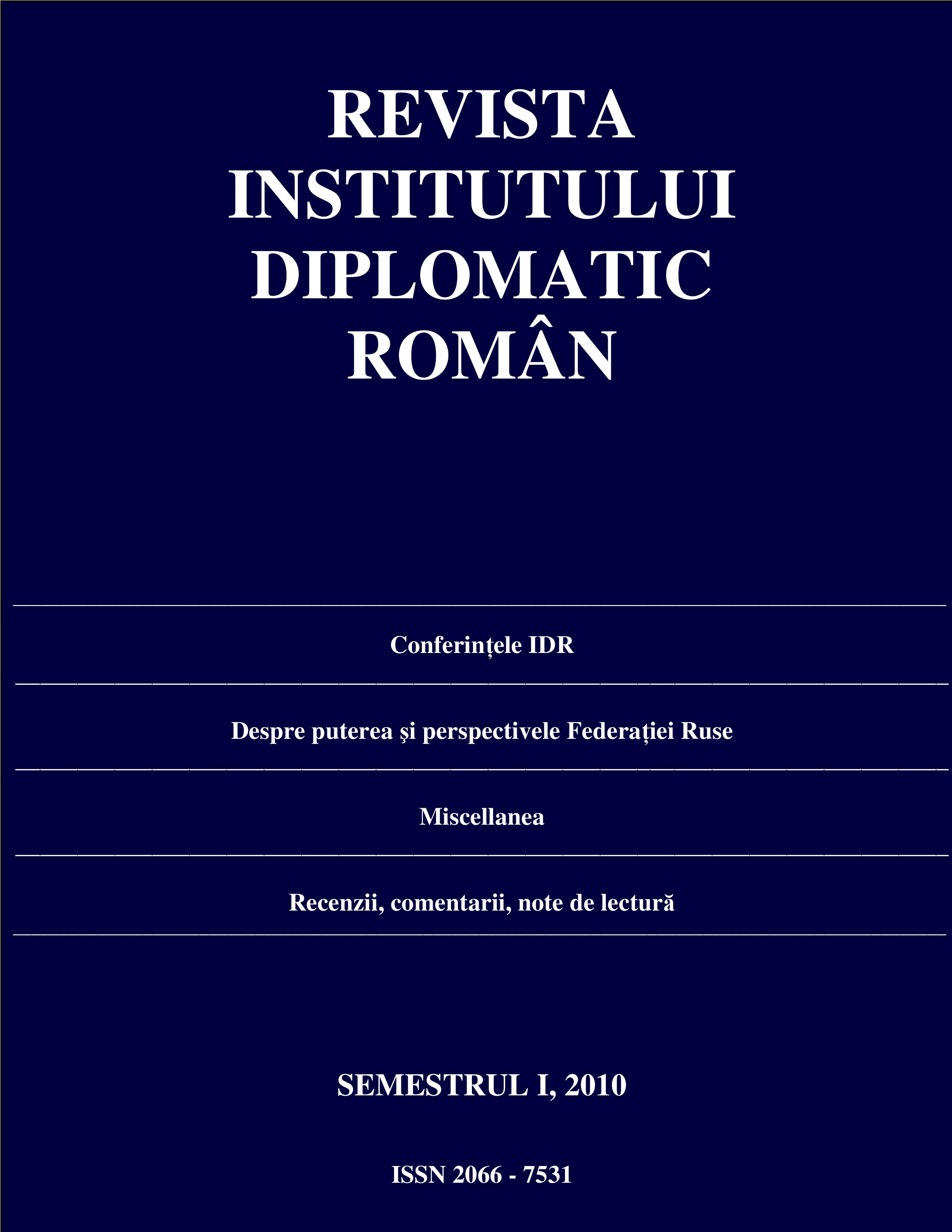
Două portrete exemplare de lideri politico-militari: Margaret Thatcher şi Ahmad Shah Massoud
The study explores the role of really charismatic leaders within the context of significant wars (these wars are regarded, according to influent authors as Robert Gilpin, as being tools and proofs of re-distributing power on the international arena). The two highly effective leaders whose activity is briefly evaluated here are Margaret Thatcher and Ahmad Shah Massoud, and the wars they led – and brilliantly won – are the Falkland War and the savage fights for defending the Panjshir Valley in Northern Afghanistan against Soviet massive attacks, in the 1980s.
More...
